|
Learn how you can improve your real estate marketing strategy with these tops tips for agents. Real Estate Marketing TipsLike most entrepreneurs, agents wear many hats and have to multi-task a variety of responsibilities. Not only do you help clients buy and sell homes, but a large part of your job is also marketing. Without new leads and referrals, your business can’t grow. Unfortunately, there are only so many hours in a day to make things happen. While advertising sometimes gets pushed aside, it should remain a primary focus. However, that doesn’t mean it has to be time-consuming. By focusing on key components of your marketing, such as branding and website optimization, you can set yourself up for success without taking on a constant barrage of yet more work. Following are our best real estate marketing tips to help you streamline your advertising. So, it’s both more efficient and highly effective. Build Your BrandOur top real estate marketing tip focuses on branding. Real estate branding is vital to your success as a REALTOR®. Your brand reflects both you and the services you offer. It’s also what makes you stand out in a crowd. Your brand should cover all aspects of your business. From your own website and social media to the real estate marketing materials you send out. You should also have your own logo. If you don’t already have a website for your real estate business, then it should be a priority for the New Year. NAR (National Association of REALTORS®) indicated that 82% of agents who had their own website made $150K or more in 2019. So, it does make an influential difference. If you need help developing your brand, then we’ve provided a helpful guide on branding for real estate agents here. Optimize Your WebsiteYou can create the most beautiful website in the world. However, if pages load slowly, especially on mobile, it’s going to result in a high bounce rate. What that means is that prospective clients will click onto your site, but then leave immediately if it doesn’t load quickly. If you have large images on your site, they will quickly slow it down. These days, google not only looks at SEO to determine your rank, but website optimization and load times also play a part. If you aren’t resizing images so the file size is small and loads quickly, then it will have a negative impact on your traffic. Luckily, you don’t need to be a tech guru or graphic design professional to resize images. Canva Pro allows you to resize images and choose the quality and file size. You can also use websites, such as TinyPNG, to compress your images. Alternately, if you want to retain your original photographs (and spend less time editing) Cloudflare Pro will automatically resize your image files or serve them in web-friendly formats such as a WebP image across your entire domain. You simply configure the settings once and forget about it. There are other services that resize images as well, especially if you’re using a self-hosted WordPress platform for your website. However, for any host, Cloudflare is the easiest, quickest, and most efficient option. Additionally, 50% or more of web users are using mobile devices to visit websites. Therefore, you also want to make sure your real estate website is optimized for mobile. No exceptions. Otherwise, you are likely to lose a potential customer to someone else. Most website themes are now mobile friendly. If yours isn’t, then redesign your site with a new theme that is. In addition to these key website changes, here are other aspects of your site you should focus on:
Utilize Social MediaWhether we like it or not, social media is a huge part of most people’s daily lives. It’s also here to stay. Even if it’s not your favorite platform for your business, it is a great way to find new clients and keep your existing customer base engaged. Best of all, the only thing it costs you is time. To create effective social media posts, however, you do need to have a strategy in place. You can discover some great tips for utilizing social media for your business along with real estate social media post ideas here. Create Real Estate Marketing VideosIf you aren’t using real estate videography to market your business, then you’re missing out on a huge opportunity. Recent data indicates that 73% of homeowners are more likely to list with an agent who uses video to sell their properties. Additionally, it’s been shown that 70% of buyers watch video tours before choosing an agent. Here are other ways video marketing helps real estate agents:
In short, video is a great way to increase your client base and make your services more attractive to sellers. Need help getting started? You can find real estate video marketing tips here to assist you in the creation process. Plus, discover ideas on where to share your videos to drive the best results. Incorporate Magnetic Marketing Marketing with magnets is another great real estate marketing tip. Magnetic marketing has been proven time and again to generate referrals and nurture lifelong relationships. Whether you send out promotional calendar magnets or branded bottle openers, you’re providing your customer base not just with products they can use, but also ones guaranteed to get constant exposure. The best part about this advertising strategy is that it provides the repetition that keeps you top of mind all from a single product. This makes magnet marketing economical as well as persuasive. Explore the various products you can brand to promote your business. Plus, learn how to use magnets for marketing here. Automate Your Real Estate MarketingThis marketing tip for real estate agents will save you exactly what you need more of — time! Automating your direct mail marketing is great way to reach new and existing clients. It’s cost-effective and it frees up time for you to do what you’re best at! Industry studies show that direct mail works! It has a higher ROI (return on investment) than both paid search and online ads. You’ll gain 10% more new customers using this method. And with the right media, you’ll also make sure you’re not forgotten. Discover how a full mailing service can give your real estate business the boost it needs inside this informational post! Alternately, if you prefer to be more hands on, you can also utilize self-mailers as a viable way to increase revenue. Update Your HeadshotAre you still using the exact same headshot from 5, 10, even 15 years ago? Then you need a refresh! You shouldn’t still be using an outdated image of yourself to market your real estate business. While you may not quite be ready to embrace your new look, it doesn’t mean you’re old! Today headshots are a lot less formal. Clients love modern portraits that are casual and fun! Consider taking a new photo outside in front of historic landmark or recognizable hotspot in your area for increased interest. Once you have a fresh look that represents your image, use your photo on business cards as well as other branded marketing products. Build Relationships Relationships are one of the biggest assets for any REALTOR®. You can connect with potential clients and grow your bonds with existing customers in a number of ways. These, in turn, mean more sales and referrals down the road. Here are just a few ideas to help you build relationships:
Provide ValueNo matter what type of marketing you use to grow your real estate business, it should provide value. Whether you gift marketing products that consumers can use, provide informational articles, or build relationships through social networking, the best way to make an impact is to provide something of value to your target audience. We hope that these real estate marketing tips and tricks help you make more knowledgeable choices when determining your advertising strategy. By employing these techniques, you can grow your business faster, establish the relationships that are the core of your industry, and increase your year-over-year revenue. For more estate marketing tips and tricks, be sure to subscribe to the Magnets USA® newsletter. We our home to the original magnetic tear-off calendar for REALTORS® and have the experience and knowledge to help you succeed. In addition, you can also follow us on Facebook or Instagram for more ideas to help you get more leads.
Send out thinking of you cards as a strategic way to grow your real estate business, build solid relationships, and gain referrals. Sending cards to clients is an important aspect of real estate marketing. As REALTORS® depend on relationships to grow their business, something as simple as a thinking of you card can make a big difference toward gaining customer trust and loyalty. Greeting cards are meaningful way to let someone know that you have them on your mind. They say, “you matter.” Agents should send out cards on regular basis as part of a both habit and a business strategy to remind customers of their importance. Keep reading to discover why agents should take the time to send a card. Plus, get ideas for messages you can include inside thinking of you cards in addition to the best place to buy your personalized, handwritten cards to save both time and money. Do Real Estate Agents Send Thinking of You Cards?Lots of real estate agents send out cards to their prospective and existing client base. While there are many reasons to send out cards for your business, we were curious what types of greeting cards our customers mailed out the most. Therefore, we surveyed the real estate agents who use our products and services for their real estate marketing about when they send greeting cards most often. The results showed that our customers are primarily sending out thinking of you cards as part of their real estate advertising strategy. Why Do REALTORS® Send Greeting Cards?REALTORS® send out real estate note cards to nurture business relationships with past clients in order to generate new leads. They also send greeting cards as a personalized way to reach new prospects. Personalized cards can be use as business advertisements for services or to simply stay top-of-mind. Here are some of the primary reasons that REALTORS® send handwritten greeting and note cards:
Regardless of why agents mail cards, the important piece of this puzzle is that they increase customer retention. When REALTORS® retain at least 5% of their existing client base, they can increase profits by 25% to 95%. They also have an impact on word-of-mouth marketing and referrals. Referral marketing has been shown to improve results by as much as 54%. So, if you have no better reason to send out a card than “just because,” then a thinking of you card is the perfect addition to your marketing strategy. Beyond that, thinking of you cards are an easy and meaningful way to connect and reengage with existing and past clients. They help you sell not only your services, but also forge the relationships you want to retain those clients for a lifetime. What Are Thinking of You Cards For?Whether or not you’re a business or real estate professional, greeting cards have a place in everyday life. People mail out thinking of you cards for the sentiment — to let someone know that they are important and matter. This simple act of kindness lets a person know that they are on your mind, whether it’s to offer warm wishes or express sympathy after a loss. Here are some of the reasons to send greeting cards:
Messages for Thinking of You CardsWhether you’re reaching out to someone you haven’t spoken with in a while or simply want to say hello, a thinking of you card is a meaningful way to reconnect. But what do you say in thinking of you cards? If you need ideas for thinking of you greeting card messages, here are some sentiments and ideas for what to stay instead of thinking of you. Personal MessagesHere are some sentiments for thinking of you cards for people you know well:
Messages from BusinessFollowing are some ideas for messages for business clients you've worked with:
Thinking of You Quotes for CardsIf you’re not sure what to say in your own words when mailing out greeting cards, then you may simply include a quote along with your signature. Here are some great quotes for thinking of you cards.
Where to Buy Thinking of You CardsWhile you can buy thinking of you cards pretty much anywhere, from big box stores, groceries, and card shops, we love using Minute Mail gifts to purchase greeting cards. Not only does Minute Mail Gifts allow you to shop for and create personalized cards online from the comfort of your home, but you also have the option of sending a card and gift together for an affordable, low price! How amazing is that? Here are some examples of the thinking of you cards Minute Mail Gifts offers. To learn more about this amazing greeting card service for business and consumers, visit Minute Mail Gifts here. Or explore this helpful overview of this greeting card service before you get started.
Branding is an important part of marketing real estate. Discover how to brand yourself as a REALTOR® to build client trust and gain leads with this informative guide. You aren’t just a sales agent, you’re also a resource for your clients. However, to establish trust that leads to conversions, you need to build authentic relationships with your base both off and online. While traditional marketing is one aspect of this, you also need to commit time to establishing an online identity as well. A great way to do this is to create a real estate brand. What is Real Estate Branding?Your real estate brand is your business identity. It represents who you are, what you do, how get you the job done as well as where you conduct business. Not only does your brand identity give an overall sense of the services you provide, but it’s also an important piece of credibility as an agent. Why is Branding Important for Real Estate?Person to person connections are an important part of real estate marketing. In today’s market, clients are looking for human connection and trust. In fact, trust was voted the #1 quality in REALTORS® by those who use their services. By building an authentic brand for your business, you help to establish the values that consumers are looking for. Following are the top reasons why real estate branding is an important part of your real estate business:
REALTOR® Brand ElementsYour brand goes beyond a visual presentation of your business. It also communicates your message to potential clients in a clear and concise way that is easily recognizable and sets you apart from other REALTORS®. Similar to other types of businesses, brand recognition makes you quickly and easily recognizable. This in turn helps you forge relationships and gain both new and repeat customers. This makes having a strong brand an important part of any real estate marketing strategy. Whether you’re an agent or broker, your brand should incorporate the following elements:
Can I Have My Own Logo as a Real Estate Agent?You can absolutely have your own logo as a real estate agent. In fact, it’s advisable that you have your own logo as it’s a key part of your branding. Generally, the branding process starts with your logo and then expands from that point. We advise that you incorporate you name as part of your logo in addition to choosing an icon that best represents your image. In addition, it’s important that your logo translates well in both color as well as black and white. You should also save your logo as a vector image so it can be reproduced at any size without loss of quality. If you are new agent, however, you may want to use your broker’s logo for the recognition and associated trust it has already established. You can then build your brand alongside your broker’s logo. Then create your own logo down the road once you’re better established. Creating your own logo as part of your brand is extremely important. It’s not uncommon for agents to change the brokerage they work with. This will prevent you from losing potential clients and taking a loss when and if you switch. As well as when you reach the point that you embark out on your own. How Do You Build a Real Estate Brand?Your brand and real estate business plan go hand in hand. Both reflect your core values as an agent as well as your mission statement. By incorporating the two you remain consistent and send a stronger message to those you want to work with. Here is how to build your real estate brand. Define Your Personal BrandingThe first step to building a successful real estate brand to is define what your personal branding as a real estate agent is. Focus on three qualities that set you apart from other agents and aid in your achievements. These may be incorporated into your brand story. What is a Brand Story?Your brand story helps to create the connections that build your business relationships. This story is built through your REALTOR® bio as well as your social media posts. It should represent your brand’s visual image in addition to telling your story. Identify Your Target AudienceOnce you’ve done this, you also need to identify your client base. Consider defining your brand by a niche market that you flourish in. Determining your target audience and demographic will offer a clear route to helping you create real estate branding that reaches the clientele you want. Form a Mission StatementConsider your values to form a strong mission statement and determine your advantages over the competition. Focus on your differences and how they help you excel in certain areas where others have not. Consider How Others Will View YouHow you want clients to view you is another important consideration. Your real estate branding reflects both you and your work. Think about how the different aspects of your branding will translate to your target audience. Put It into Action Once you’ve defined your brand and created a logo, it’s time to put it into action. Use your brand colors, logo and mission statement on your website and across other forms of digital real estate marketing, including social media posts, which are designed to make connections. In addition to your digital marketing, you should also incorporate your brand into your business cards and other physical marketing materials such as promotional calendars, custom magnets, and direct mail marketing. Adapt as NeededThe market is always changing and evolving. As it does, you may need to adapt your real estate branding to keep up with these changes. Lots of companies rebrand their products or business after time to reflect new views or challenges. Likewise, don’t be afraid to let your brand and transform as needed down the road. Tie Your Branding into Your Real Estate WebsiteNow that you know how to brand yourself as a REALTOR®, don’t forget to also focus on your website! Not only should your branding be reflected on your site, but your about page is also deserving of the same attention. Your real estate bio is the 3rd most viewed page on your website. It can also be the determining factor for gaining new leads or clients. You can easily tie in your brand in with your REALTOR® about page for a cohesive user experience. Learn how to write a killer real estate bio here. More Real Estate Marketing TipsAs indicated, real estate branding is an important aspect of your marketing. It’s also a significant first step when formulating a marketing strategy for your business. Once you’ve established your brand, you can move incorporate it into your advertising. Here are some helpful posts on how to market yourself as a REALTOR® once this is done: Now that you’ve tackled branding in real estate marketing, be sure to subscribe to the Magnets USA® newsletter. We offer branded real estate marketing materials with a proven track record for success. You can also follow us on Facebook or Instagram for more ideas to help you get more leads.
Around the holidays, we love to give luxury hostess gifts that last. Keep reading to discover our top suggestions for hostess thank you gifts, etiquette for gift giving, and other answers to common questions you may have about what to bring, when to gift it, and how much to spend. As the saying goes, you should never arrive empty-handed. Etiquette dictates that if you attend a holiday or dinner party that you need to bring a gift for the host. While the gift doesn’t need to be expensive, it should show your appreciation for the invite and the planning that went into the event. What are Hostess Gifts?Hostess gifts are presents you bring for the person hosting a dinner party or event. Typically, these gifts are items that the host or hostess would use when entertaining guests. These gifts are used to show your appreciation for the host’s or hostess’ hospitality. Etiquette for Hostess GiftsAs hostess gifts are a way to thank a friend or family member for their invite, you want to make sure you follow proper etiquette when choosing a gift. When Is It Appropriate to Give a Hostess Gift?You should bring a hostess gift for most occasions including brunch, informal dinner parties, and cocktail parties. When Should You Not Bring a Hostess Gift?Ordinarily, you should not bring a hostess gift to a large, formal dinner party or a black-tie event. This is especially true if you don’t have a close relationship with the host. Instead, opt for sending a thank you card the following day. (We love using Minute Mail Gifts to send out thank you cards to our favorite hosts! Not only do they mail it for you saving you a trip, but you can also send a card and gift together for around $5 or $6 total!) Another exception is if you are bringing a salad, side dish or dessert for dinner. Your contribution to the meal will qualify as a gift in lieu of something for the host or home. However, don’t bring food for the meal unless asked. Food items that don’t need to be consumer right away such as a bottle of wine, a specialty coffee blend, or a box of chocolates are still fine to bring. Other occasions where a hostess gift isn’t required are recurring social events, such a casual game night, and events such as birthdays, showers, graduations, or weddings where the guest of honor receives a gift. Do You Give a Hostess Gift at the Beginning or End of Your Stay?If you are attending a dinner party, cocktail party, brunch, or holiday event, you should either send a gift ahead or give your host a gift upon arrival. In situations where you are an overnight or weekend guest, you have several options. You can give gift upon arrival, the same as you would for a holiday or dinner party. Alternately, if you aren’t overly familiar with your host, or it’s your first time in their home, you can wait to buy the gift during your stay once you have a feel for your host’s personality and taste. You can also send a gift by mail after your trip has concluded. What Is an Appropriate Hostess Gift to Bring to a Dinner Party?The best hostess gift idea for a dinner party is one that is personalized for the recipient in some way. It may be related to their hobbies or passions. You can also bring a lasting gift for the home. Typically, this item is specifically for the home or entertaining. It may be home décor, such as candles or a houseplant. Alternately, it may be that new cookbook by the hostess’ favorite author, personalized coasters, monogrammed cocktail napkins, flavored olive oil or vinegar, or a bottle of wine. Whatever you decide to give your host, make sure your choice is sincere and thoughtful in addition to being personal to the recipient. What Gifts Should Be Avoided?While flowers seem like a great hostess gift idea, you want to avoid bringing a bouquet. Without knowing whether the host or guests have allergies, it’s just a bad idea unless you know the person very well. If you do bring flowers, make sure to gift them already in a vase. Otherwise, dinner preparations can be interrupted and send the host into a frenzy hunting down a vase and arranging flowers as guests are arriving. You also want to avoid regifting items. This is generally in poor taste, especially if there’s a chance that you’ll be found out. If you do regift something you’ve received from someone else, it should be in its original packaging and free of any personalization. Finally, while luxury hostess gifts are appropriate in certain situations, you don’t want to go overboard. Something too extravagant can make the host feel uncomfortable, especially if their financial situation varies greatly from your own. What Should You Take to Dinner When Told to Bring Nothing?Many hosts and hostesses will tell you to bring nothing but yourself when you’re invited to dinner. However, it’s poor party etiquette to come empty handed. Hosting a holiday or dinner party can be quite costly. By bringing something for the hostess, you can help offset some of these costs. It’s also just a wonderful way to thank the hostess for her efforts. Therefore, you should also bring a gift for the hostess when it’s appropriate — even if the invitations states otherwise. In this instance, you can give a small token of your appreciation such as home baked goods, a bottle of wine, olive oil or vinegar, chocolate, a book, a potted plant or herb pot, or a candle. Should You Wrap Your Gift?It is not necessary to wrap a gift for the party hostess. However, you may want to avoid handing it to your host in a grocery bag. You can either hand your present directly to the host, unwrapped, or you can wrap in a simple gift bag with tissue paper and a small tag or card. How Much Do You Spend on a Hostess Gift?How much you spend on a hostess gift ultimately is determined by the type of event and how well you know the host. It’s also subjective based on your budget. If you’re attending a dinner party, then consider how much you would spend if you were to go out to dinner. If your typical entrée runs $35-$50, then use that as a guideline when budgeting for your gift. Alternately, we advise spending 1/5th of the cost for the food provided by the hostess, assuming you have an idea of what will be served. When bringing wine for the host, we recommend that you spend at least $20 on your selection. If you know that the wine will be consumed at the party, and not afterwards by the host, then bring an extra bottle or two to be shared. For showers, such as baby or bridal showers, where you also give the hostess a gift, we suggest giving a luxury gift in the $50-$100 depending on how well you know the host. This is also true for holiday occasions. Of course, at the end of the day, you don’t want to gift something outside of what you can afford. If you don’t have extra money to spend, then consider a small token of gratitude that your budget allows, such as home baked goods. Luxury Hostess Gift IdeasFollowing are our top suggestions for luxury hostess gift ideas for holidays and dinners parties. These impressive gift ideas are sure to guarantee invites to future events and ensure your gracious gesture won’t be forgotten. Wine and Wine Box GiftsGo beyond the traditional bottle of wine and gift a quality wine with a wooden wine box. Each of these keepsake wine boxes can be personalized and comes with a selection of five stainless-steel wine tools. The heritage chest is another wonderful wood wine gift box. This durable box makes for a gorgeous gift presentation. It also includes a set of wine tools and can be customized with your message for the recipient. As a bonus, this personalized wood keepsake box doubles as a storage chest after the wine is gone. Personalized Wood Keepsake BoxesPersonalized wood keepsake boxes are a beautiful way for recipients to store their favorite recipes, mementos, jewelry, and photographs. (You can find memory box ideas here.) Delicately engraved with your custom message, these wooden memory boxes come in your choice of carefully crafted walnut or cherry. This acacia wood caddy is the perfect choice any hostess. With so many uses, it’s hard to go wrong with this personalized gift. It can be used as a bath or wood desk caddy as well as a storage organizer for just about anything you can imagine. Wood Serving TraysEvery hostess can use a serving tray! Whether it’s used for serving guests or as an elegant, holiday charcuterie board, this acacia wood serving tray is a kitchen staple for entertaining and everyday use as a cutting board. Featuring unique scalloped edges and a characteristic wood grain, this serving board looks stunning when engraved with your personalization. This cherry wood serving tray with handles is another wonderful gift option for your favorite host. Featuring a variety of designs with the option for additional customization, these rectangle wood serving trays have a comfortable grip and are ideal for serving drinks, desserts, and snacks. Crafted from beautiful American cherry, this natural wood product also looks stunning when displayed on a cutting board stand. More Gift Guides and IdeasWe hope you love our suggestions for luxury hostess gifts! For more custom gift ideas, be sure to check out our other gift guides for clients, friends, and family.
Increase your referrals with our line of custom keychains! The perfect promotional gifts for your marketing strategy, personalized key rings make a great client gift when you want to stay top-of-mind. Get year-round advertising for a low, one-time investment when you choose our key rings for your business. Promotional KeychainsWhile using magnets for marketing is a great way to get new leads, promotional keychains are another wonderful alternative to help you grow your client base and gain referrals. Welcome clients and new acquaintances home with our collection of high-quality, custom keychains. Our lineup of promotional key rings come in either stainless steel or eye-catching carbon-fiber for lasting durability. Our carbon fiber keychains are professionally personalized in full color with the option to add your business or real estate logo. We also offer stainless-steel keychains engraved with your logo and contact information. Bulk discounts are available on as few as two keychains. This makes them an affordable marketing solution for REALTORS®, sales professionals and other small businesses who rely heavily on business relationships and referrals. Whether you choose to engrave a traditional oval shape or a house-shaped design, these keychains for marketing are great to have on hand for those moments when a business card doesn’t make the right statement. How to Make Custom KeychainsIf you’d like to know how to make custom keychains, we have a simple tutorial to guide you through the process. Select the Design and QuantityFirst, select the keychain you’d like to engrave from LifeLong Gifts™. Then choose the quantity. (When customizing keychains in bulk, you’ll receive additional discounts based on order size.) Once you choose the quantity hit the Continue button. Personalize Your KeychainNow choose you personalization option but click on Enter Your Personalization. To change or add a design element, click on that part of the keychain. To add a logo, click on the logo example in pink box. Then click the Replace Image button. You can either choose from one of our existing logo options or upload your own. If desired, you can crop the image to size. In addition to the logo, you can also personalize the text the same way. Simply click on the text you’d like to change. Then enter the information requested. You can also adjust the text size, if needed. However, take care that all the information you enter for engraving fits inside the pink guide box. For keychains that offer customization on two sides, be sure to click on page 2 of 2 to personalize the back with your contact information or message. Save Your ChangesOnce you’ve personalized your promotional keychains with a logo and text, hit the Save button to keep your changes. Review Your ProofReview your custom keychain design you just created. Double check to make sure everything is spelled correctly, and all personalization is contained within the pink guide box. For two-sided designs, verify both pages for accuracy. Then click the box indicating you accept the conditions and hit the Continue button. Add InstructionsIf you have further instructions, you can add them in the text box provided. You’ll also need to initial that you own any images you uploaded or have permission to use them. Then click Submit Personalization. Complete Your OrderYour business keychains should now appear in your shopping cart. To finalize your purchase, simply proceed to checkout and follow the instructions provided to place your order. How Do I Make a Logo for My Keychain?If you are creating a logo for one of our personalized carbon fiber key rings, save your logo as a VECTOR (.ai or .eps) file. Otherwise, raster .tif and .jpg files will print with a white box behind them. For our stainless-steel key rings, choose a black and white logo with no gradients. If you don’t have a logo to represent your brand, then you can hire a professional to create one for you. There are also various platforms that make it easy to design your own such as Canva, LogoMakr or Free Logo Design. Where to Buy Personalized KeychainsYou can buy single or bulk custom keychains for your business, personal use, or personalized gifts from LifeLong Gifts™. Looking for more promotional gifts? Visit Magnets USA® for a huge selection of custom magnetic marketing products. Or explore more of what LifeLong Gifts™ has to offer including premier kitchen knives and cutlery, custom cutting boards, and other personalized gifts for clients, friends and family.
You can also subscribe to our newsletter to stay abreast of new products and sales promotions. Or follow us on Facebook and Instagram for more exciting ideas! |
Stay Connected© 2023 Stickers Plus, LTD | Privacy Policy
|
Contact |



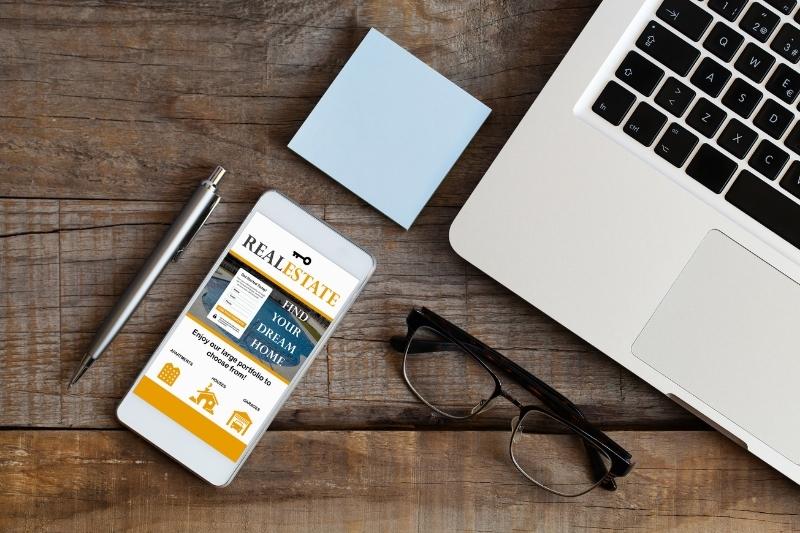



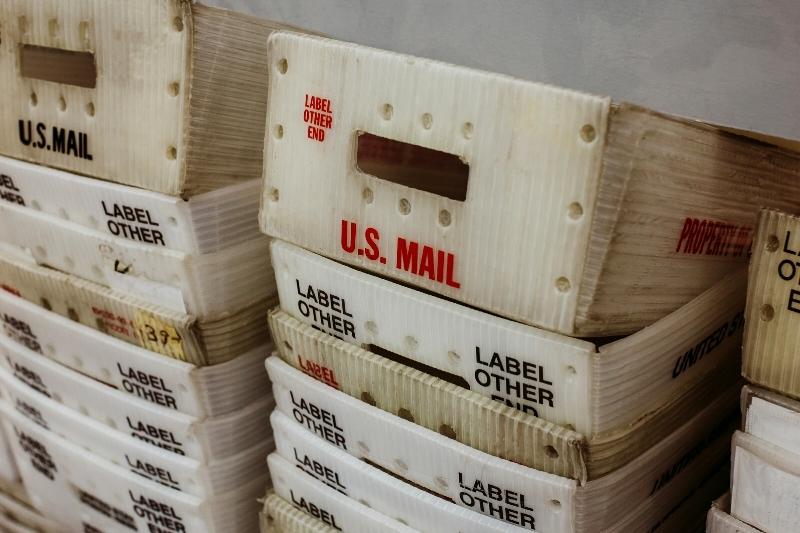
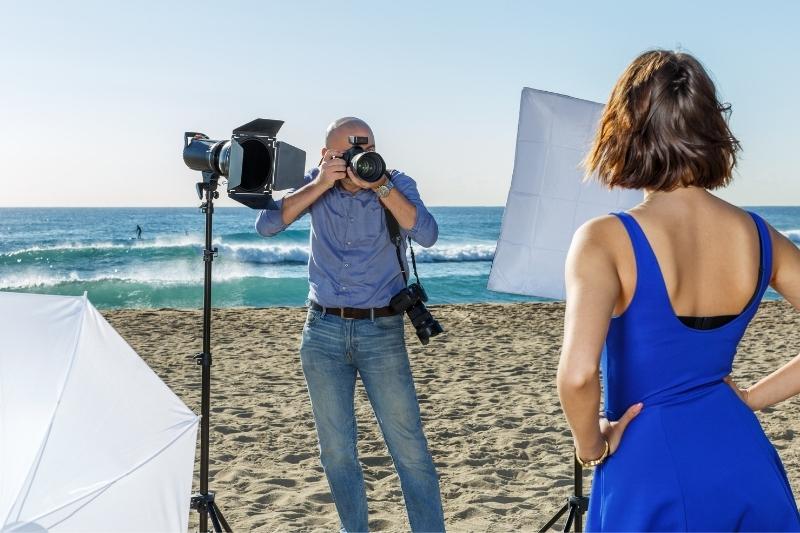



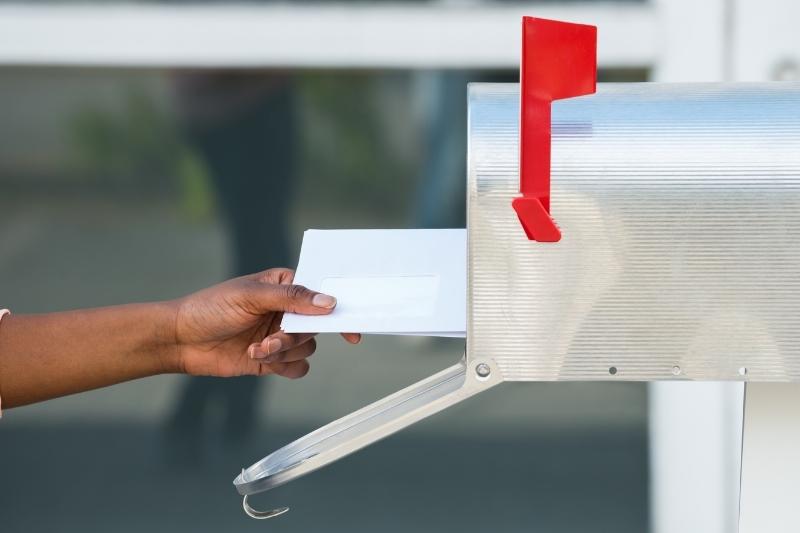
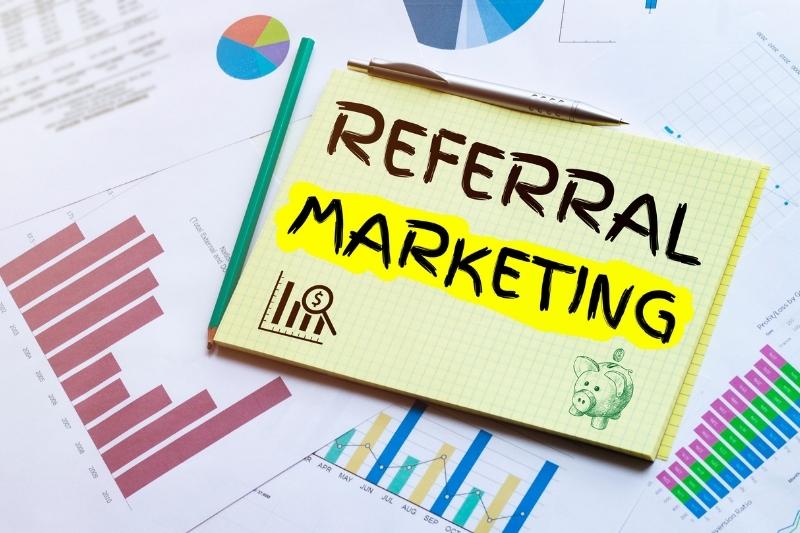


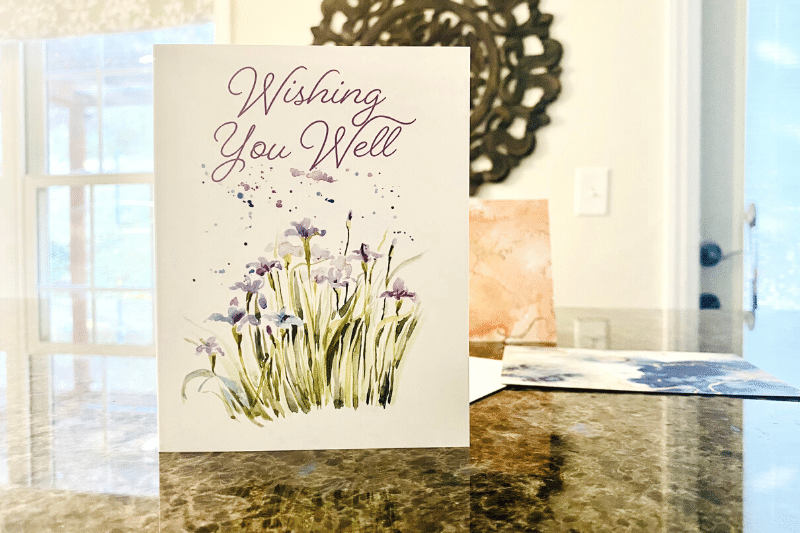
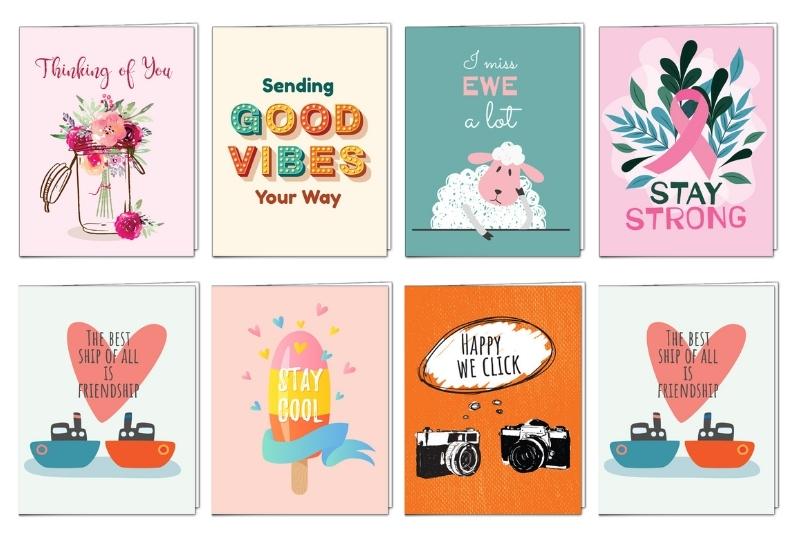
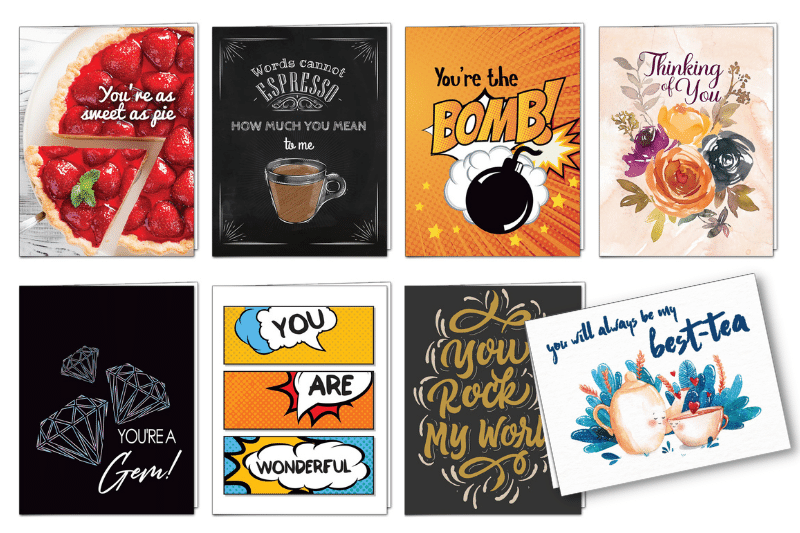


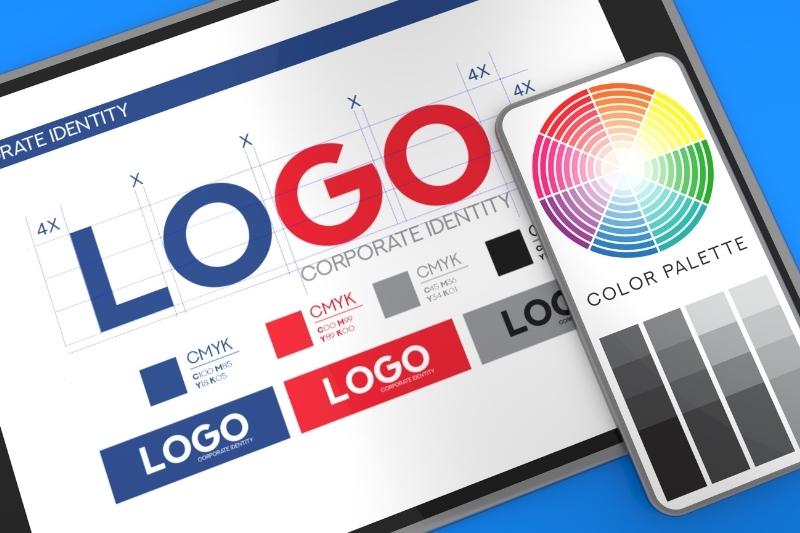













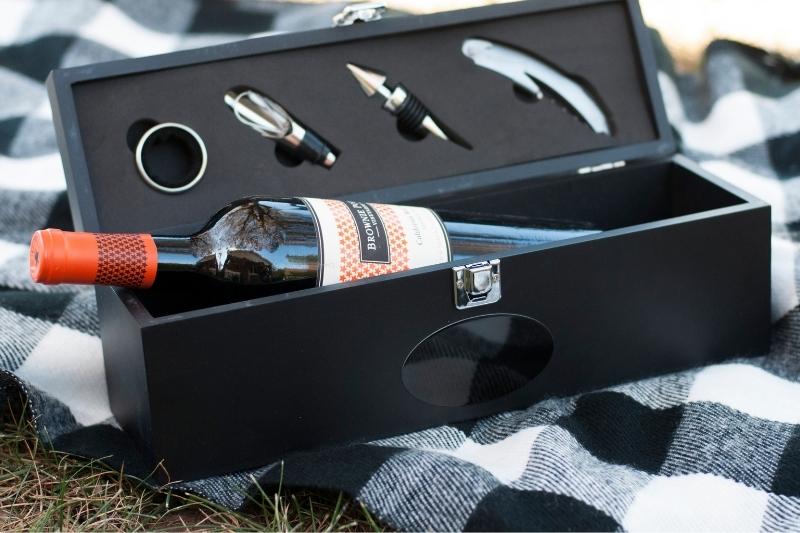
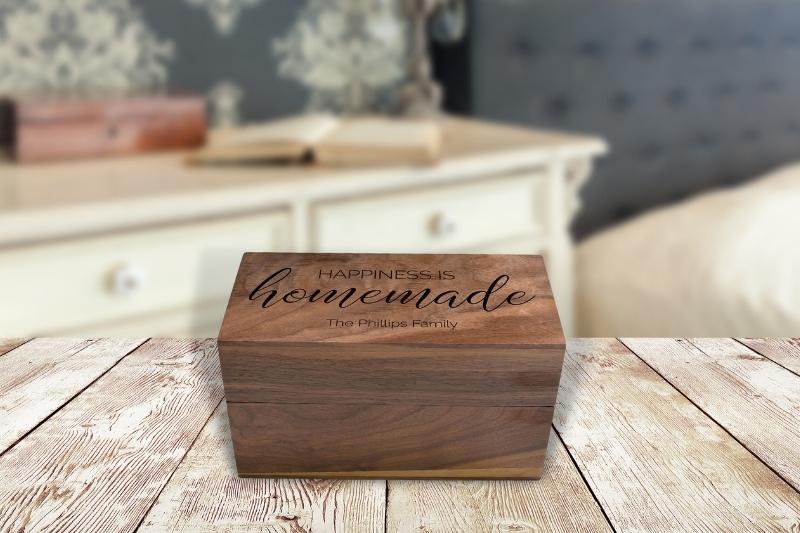
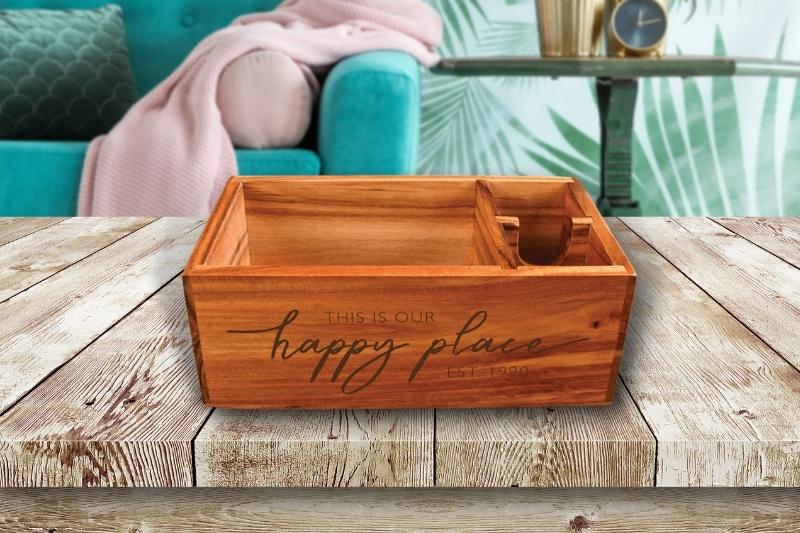
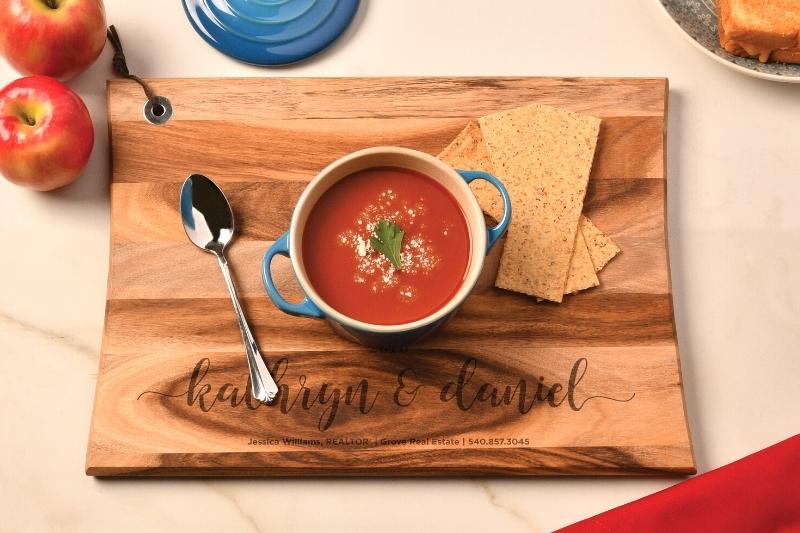
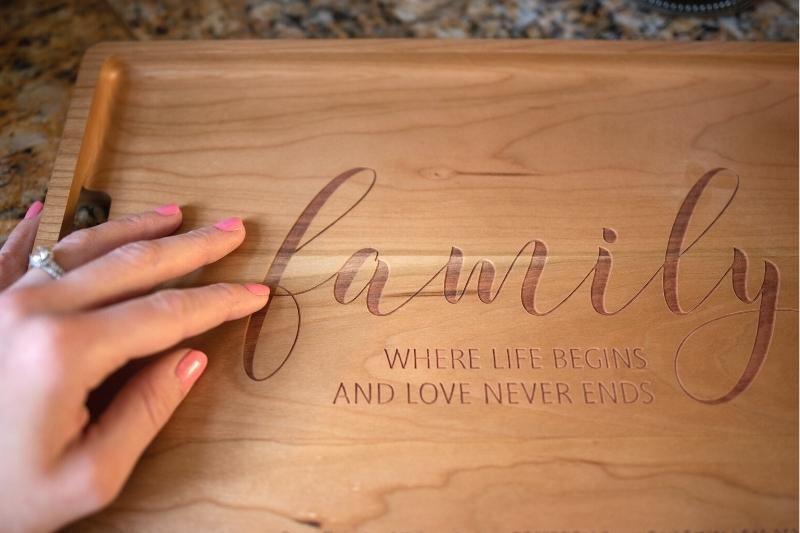
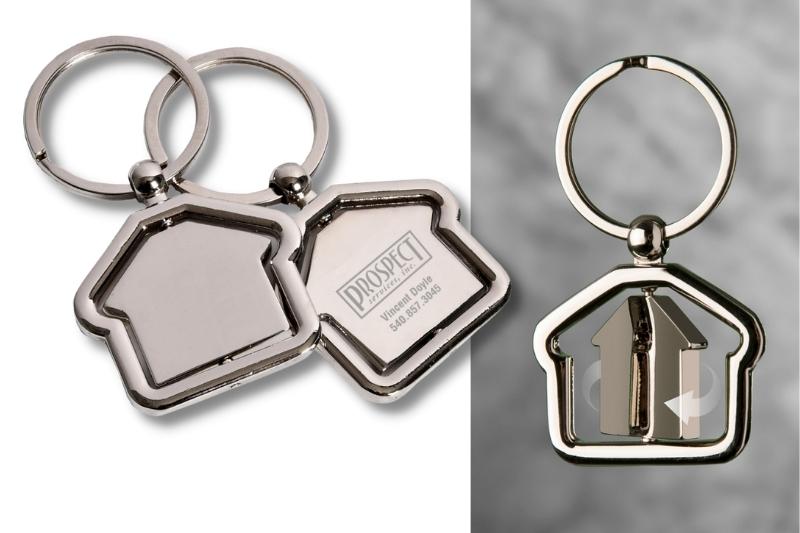
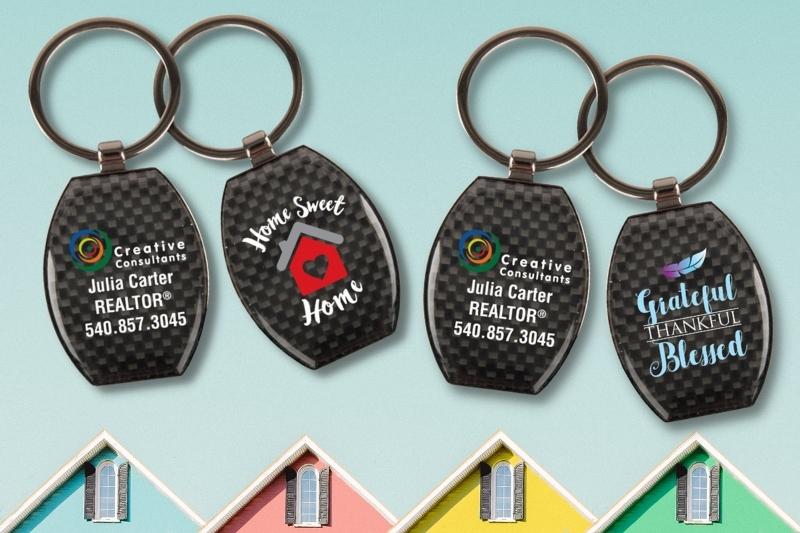
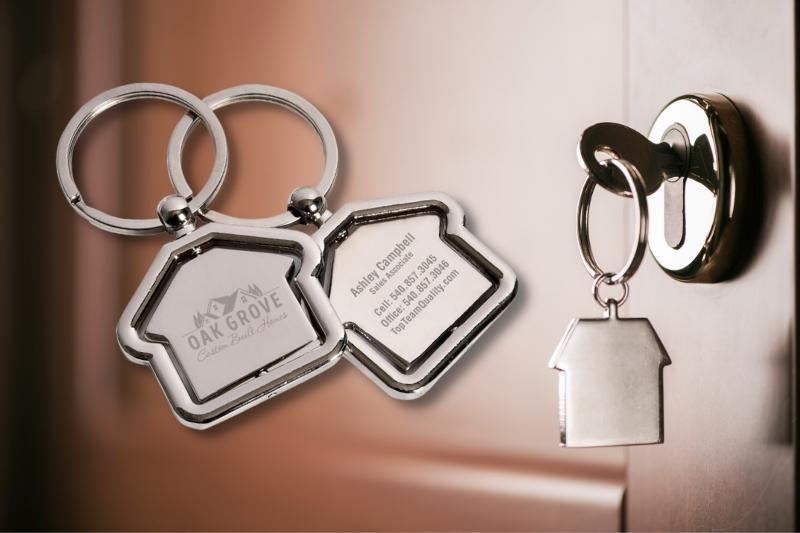
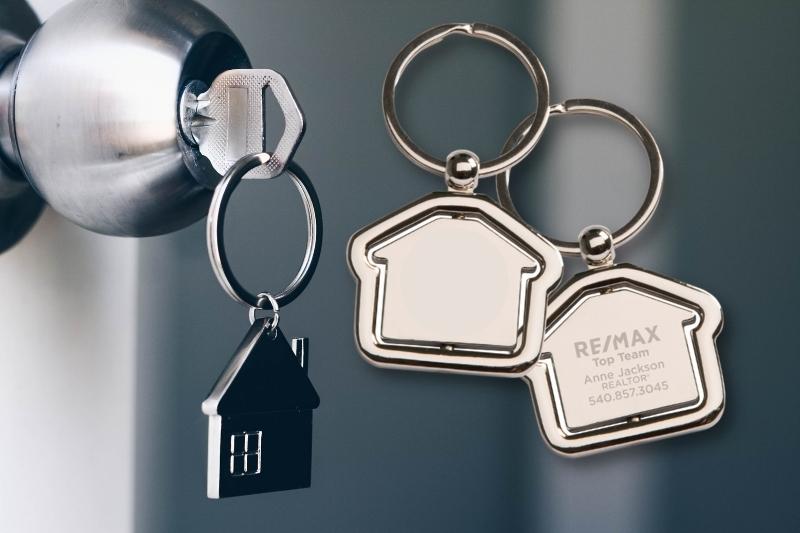
 RSS Feed
RSS Feed